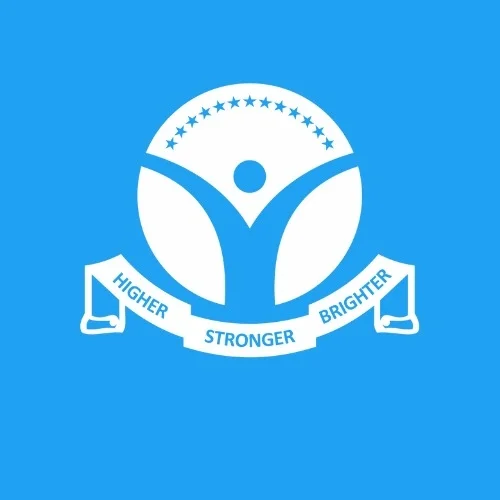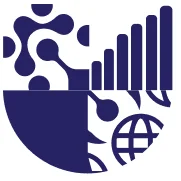The modern classroom is no longer just a room filled with desks and a blackboard. It has become a dynamic environment where innovation meets instruction and where students are active participants in their own learning journeys. Ludhiana schools have been at the forefront of this educational evolution, embracing modern methodologies that break away from outdated systems and aim to create meaningful, impactful learning experiences.
This commitment to progressive teaching is helping Ludhiana establish itself as a hub of academic excellence, where schools equip students not just with knowledge but with the tools to succeed in life.
Classrooms That Reflect the Future
Walk into any progressive school in Ludhiana, and you’ll notice the difference. Traditional rows of desks have been replaced with flexible seating arrangements, designed to foster group discussions and collaborative learning. Walls are often covered with student-created charts, concept maps, and digital screens instead of static posters.
These visual and physical transformations represent deeper pedagogical changes. Teachers now design lessons that prioritize student engagement and real-world application. Whether through multimedia presentations, role-playing simulations, or STEM experiments, Ludhiana schools are creating learning spaces that reflect the realities of the 21st-century world.
Blended Learning: Combining the Best of Both Worlds
A major shift in Ludhiana schools is the adoption of blended learning—a model that integrates face-to-face teaching with online resources. Students often receive video lectures or interactive modules to review at home, allowing class time to focus on problem-solving, discussion, and doubt-clearing.
This model supports personalized learning, giving students the freedom to revisit concepts they find difficult while enabling teachers to address individual learning gaps more effectively. Blended learning also promotes digital literacy, a crucial skill in the age of information.
Schools are using platforms like Google Classroom, Microsoft Teams, and subject-specific apps to manage assignments, discussions, and assessments seamlessly.
Making Learning Meaningful Through Real-World Connections
Modern teaching methodologies stress the importance of connecting academic content with real-life situations. In Ludhiana schools, this is being achieved through project-based learning (PBL), where students work on long-term assignments that require critical thinking, research, and collaboration.
Whether it's designing eco-friendly solutions, creating models of smart cities, or conducting social awareness campaigns, students are encouraged to think beyond textbooks. These projects are often interdisciplinary, requiring students to draw from various subjects to solve problems.
Such an approach deepens understanding and nurtures a mindset of inquiry and innovation.
Continuous and Constructive Assessment
Exams have long been the standard measure of academic success. However, Ludhiana schools are now shifting towards continuous and constructive assessment models. These methods focus on regular feedback, student reflection, and skill demonstration rather than solely on end-term scores.
Teachers use quizzes, peer evaluations, one-on-one discussions, and performance tasks to assess student growth. Portfolios, journals, and oral presentations are also becoming common assessment tools. This not only reduces stress among students but also provides a clearer picture of their overall development.
The goal is to create a supportive learning environment that encourages improvement rather than penalizing mistakes.
Prioritizing Emotional and Social Well-Being
A modern education system recognizes that emotional and social growth is as vital as intellectual development. In response, Ludhiana schools have integrated counseling programs, well-being classes, and mindfulness sessions into their schedules.
Students are taught how to manage stress, build healthy relationships, and develop empathy. Emotional intelligence is cultivated through activities such as group sharing, circle time, and guided reflections. Teachers are also trained to identify signs of emotional distress and provide early support when needed.
This commitment to holistic development ensures that students grow into confident, well-adjusted individuals ready to face life’s challenges.
Encouraging Innovation and Creativity
Creativity is no longer considered an optional skill. Ludhiana schools are fostering creative expression through innovation labs, maker spaces, art integration, and entrepreneurship programs. Students are encouraged to explore, experiment, and create—not just consume content.
Schools run coding clubs, robotics competitions, storytelling workshops, and design thinking sessions to nurture imaginative thinking. Students are often asked to pitch their ideas, build prototypes, or publish their writing, helping them gain confidence and purpose.






